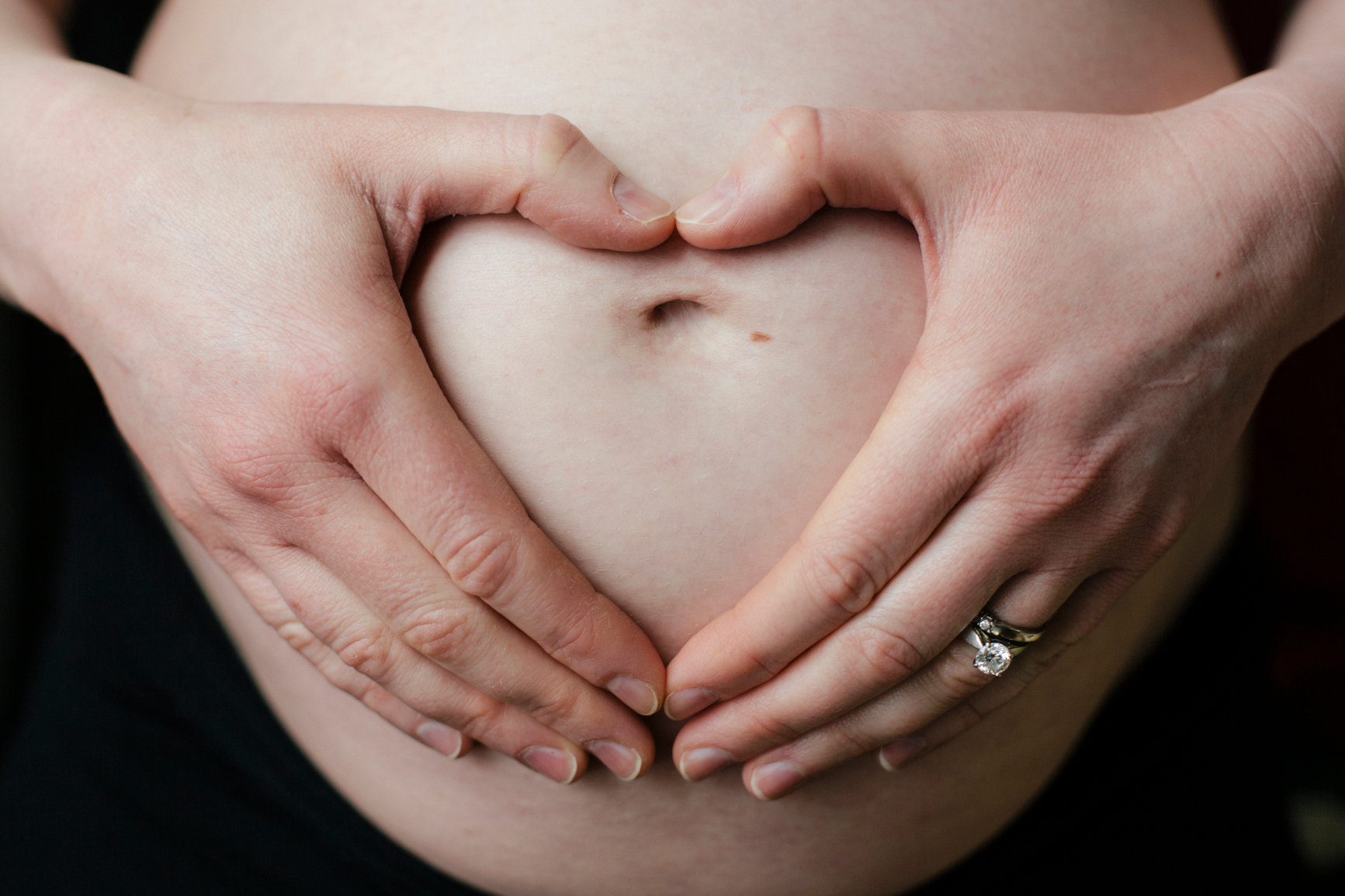This trimester will pass most quickly of all as you will probably be roughly half way through before you even discover you are pregnant. This exciting news may be hard to keep secret from all around you, but most couples do wait until the end of the first trimester to spread their happy news. At this stage, you may have had your first doctor’s visit and will be feeling reassured that all is going well.
Even before you realise you are pregnant, your baby is beginning to grow and develop — from their finger tips right down to their toes, the growth and development is happening at a great rate. During the first trimester, vital organs including the heart, spine and liver are all forming day by day.
At this stage, you should still be taking your folic acid. Folic acid is vital for a healthy pregnancy and it is recommended to continue supplementing your diet with 400 micrograms of folic acid per day for the duration of your first trimester. If you find out you’re pregnant and haven’t been taking folic acid supplements, don’t worry, you are not alone. Just start to take them straight away and carry on until the end of the first trimester.
However, this special time is often marred for some by ‘morning sickness’ – the nausea that can affect 2 out of 3 pregnant women during the first trimester. And despite its name, it can last throughout the day and not just for the mornings! Hopefully you will be spared, but if you are feeling awful, take comfort from the fact that morning sickness is usually caused by high levels of healthy pregnancy hormones in your blood and is a sign of a healthy pregnancy in those who are susceptible.
You may receive lots of hints and tips to deal with the morning sickness from concerned family and friends — different things will work for different people so it is worth trying out some of the following tried and trusted ideas:
If you suffer from morning sickness first thing in the morning, it may help to have plain crackers by your bed at all times. If you wake in the middle of the night, nibble on a few crackers. Similarly, don’t rush to get out of bed in the morning. Lay in place for 15 minutes when you first get up, and have a few plain crackers or plain toast.
Smells
Smells can trigger morning sickness and it’s important to know which smells bother you. Avoid locations where you’ll encounter odours that bother you. Leave on a fan, or open the window in your kitchen while you are cooking. Cooking in the microwave often creates fewer smells and might be better for you while you are sick. Common smells that often trigger nausea include meat, fish, chicken, greasy or fatty foods, coffee, onions, garlic and strong smelling spices.
Eating and Drinking
Eat when you feel you need to and what you feel will help you the most. Work with your cravings. Have frequent protein snacks and eat small meals every two hours or so. Avoid greasy or spicy foods, as they cause heartburn and can cause nausea. Teas without caffeine, such as peppermint and ginger may help your nausea.
Ginger
Ginger can help to quell morning sickness for some Mums-to-be. Medical studies have shown that ginger is really able to combat the problem. The natural ginger is better than processed. You can find it in tea, in ginger ale, ginger snaps, and ginger capsules.



